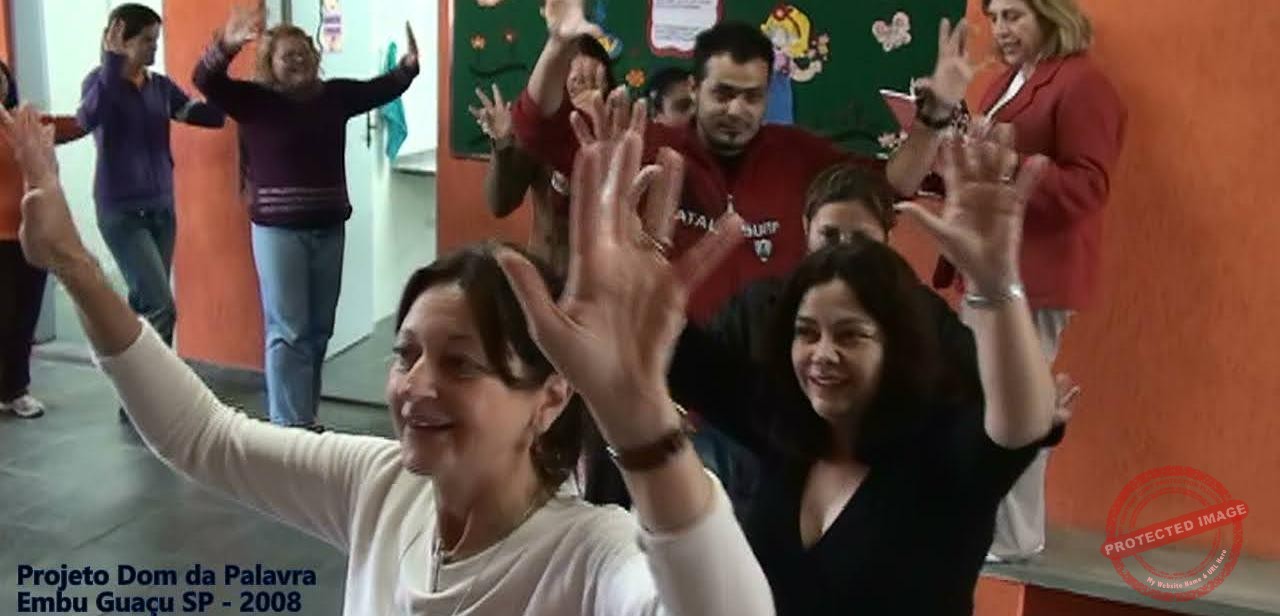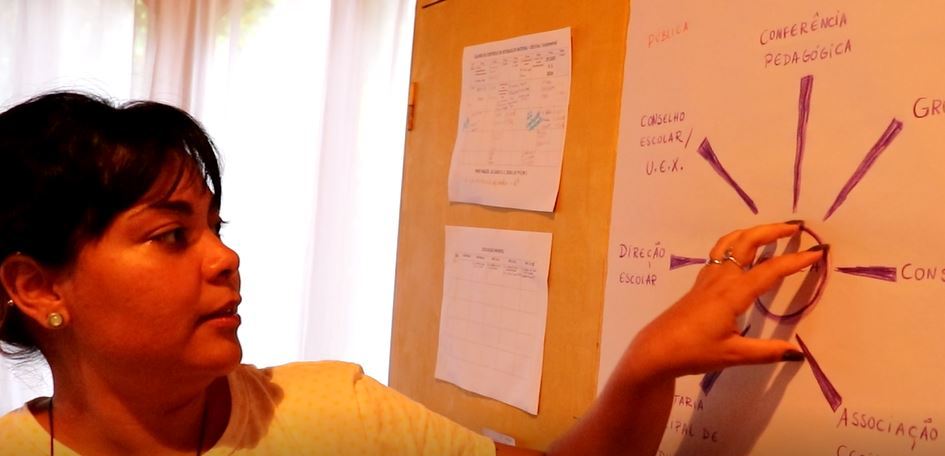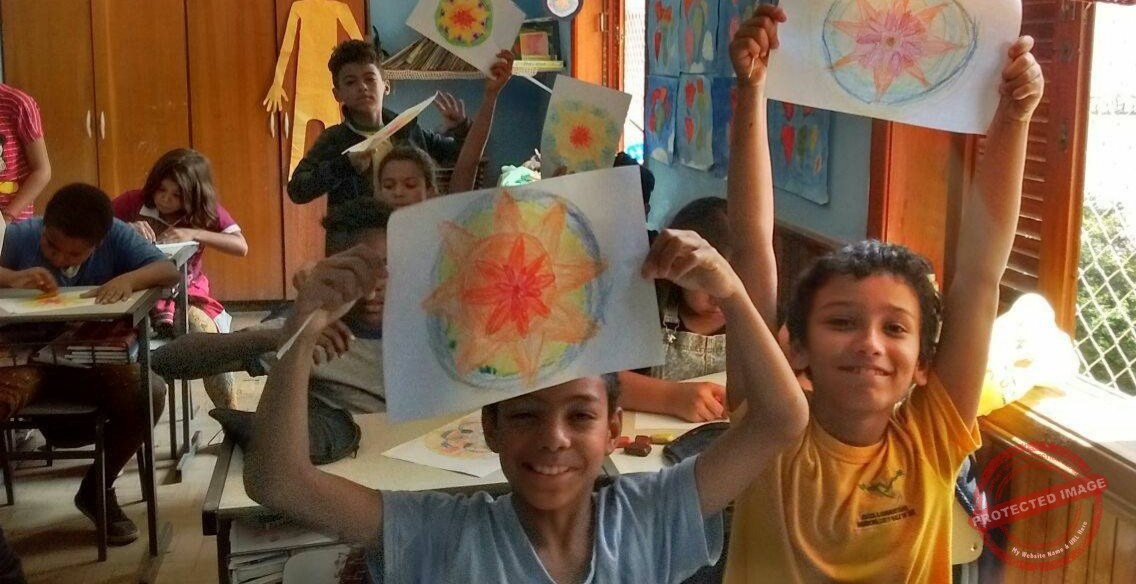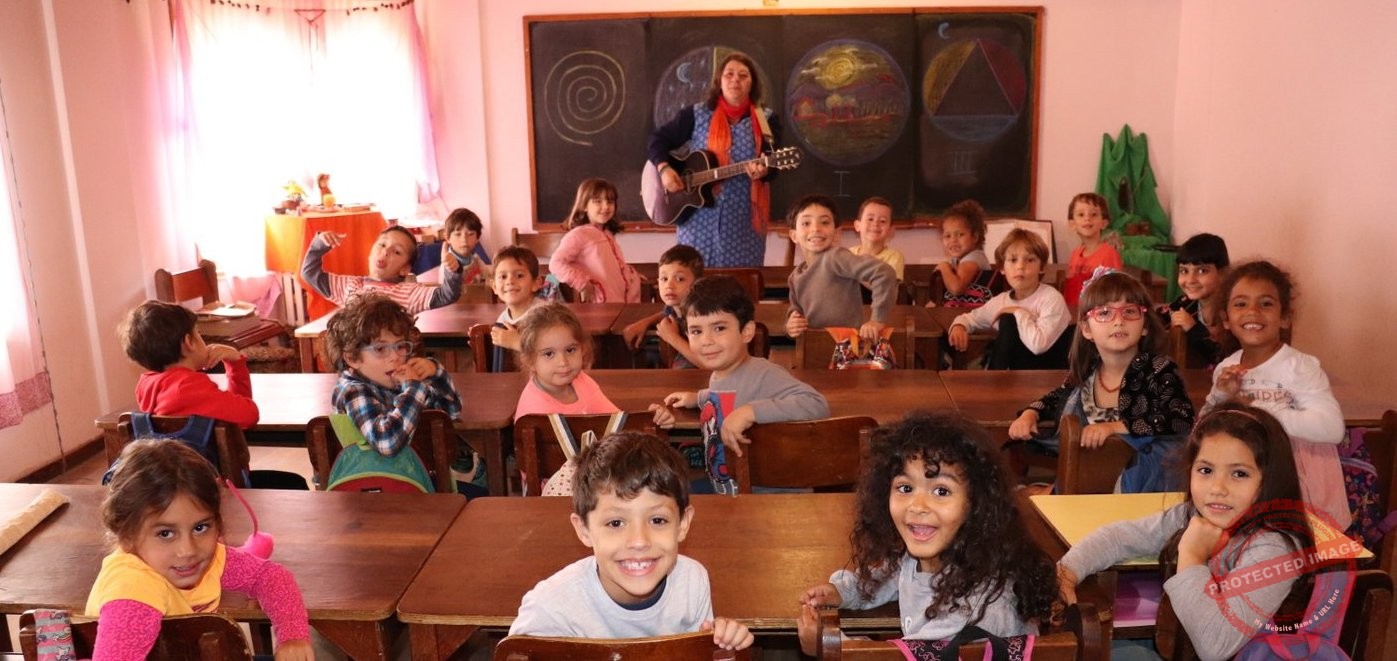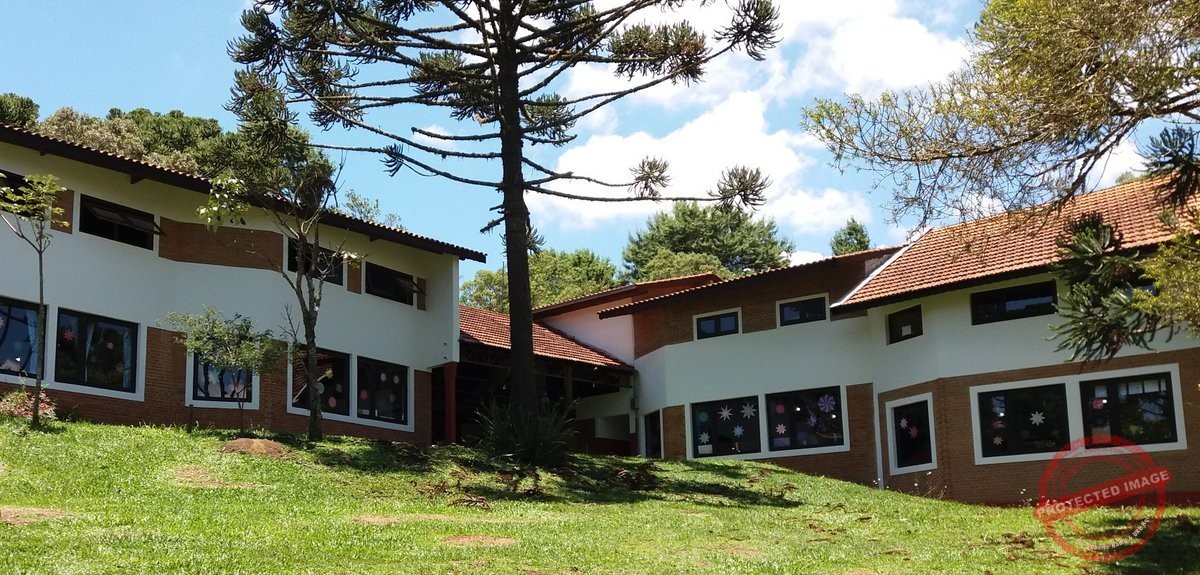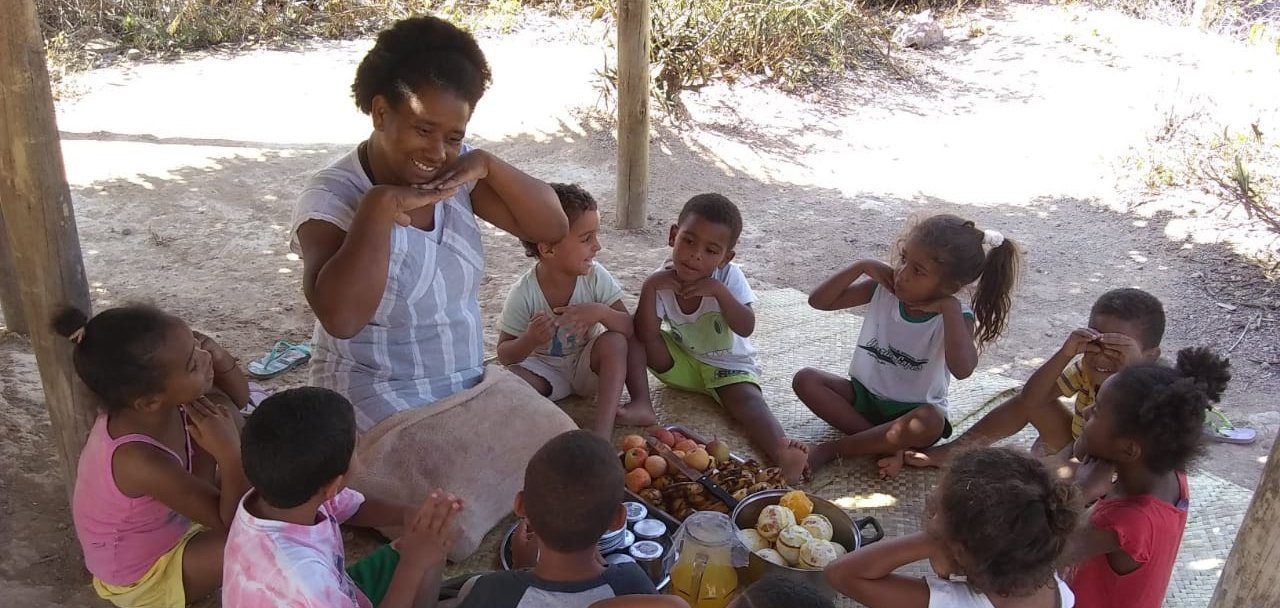[print-me target="body"]
history – challenges – perspectives
by Rubens Salles and Rosineia Fonseca
Nosso objetivo é que esta pesquisa
be the 1st stage of a strategy to support Waldorf schools
existing public services and to encourage the expansion of this network.
We researched the history of the initiatives that led Waldorf Pedagogy to be adopted in eleven public schools in Brazil, obstacles faced, format of agreements, pedagogical autonomy, how is the training and hiring of teachers, what went well and what went wrong, and how they coexist with changes in management in city halls. We also analyzed three Waldorf initiatives in the public network that were discontinued, to know the reasons that led to this, in the municipalities of Ubá MG, Espírito Santo do Turvo SP and Ibicoara BA.
We made a report for each school and city, containing the history and challenges of each one, our comments and several testimonies from school managers, public managers, directors, coordinators, teachers, parents of students, partners and supporters. We made a detailed and illustrated report on each of the analyzed schools, and each one represents a chapter of this work. There were more than 90 interviews, 59 of which were videotaped and the others recorded in audio that were transcribed, and which accompany the reports. In all initiatives, we highlight the most relevant lessons learned, which are also part of the Completion Report.
This project was collectively funded in a campaign completed on 03/18/2019. meet the research supporters – link.
Download the FULL PDF survey here
ou leia cada capítulo aqui no site.
Featured image: From left to right, teacher Valéria, Maria Aparecida N. Dias, Núbia Lira, Rosineia Fonseca and Rubens Salles.


